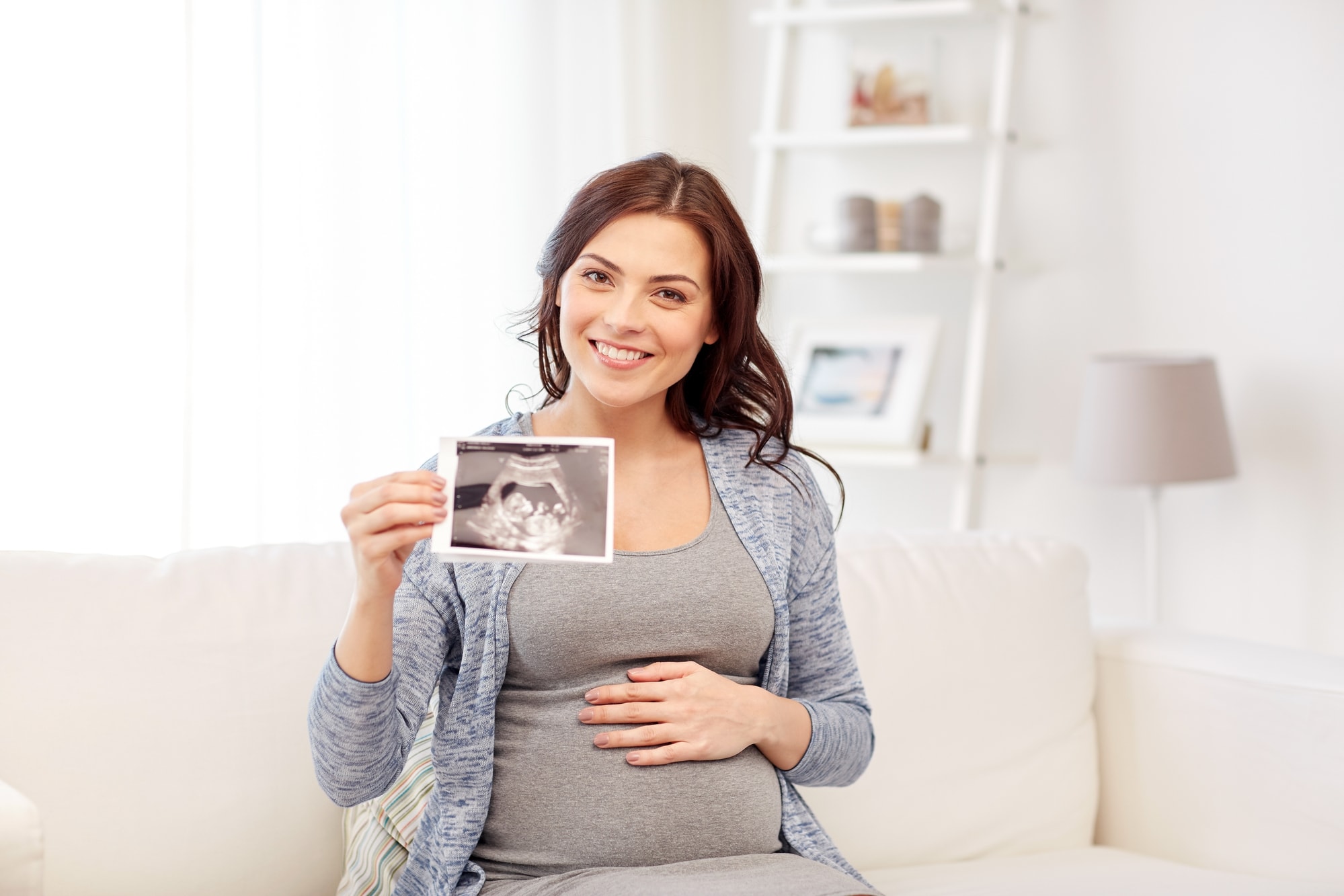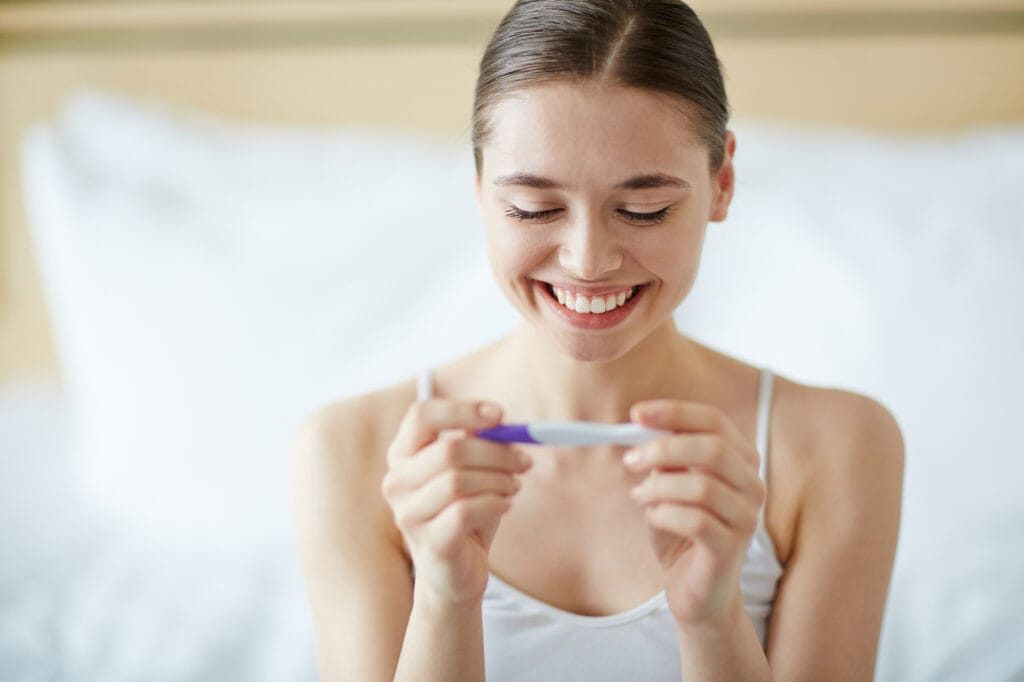Physical Address
304 North Cardinal St.
Dorchester Center, MA 02124

Are you wondering how long after egg donation you can get pregnant? We will explore the timeline for pregnancy after egg donation in this article.
Key Takeaways:
Research has shown that a woman’s fertility levels return to normal within one to two months after donation. This means your chances of getting pregnant are higher during this time frame.
A study conducted in Belgium followed up with egg donors after their donation and found that out of 60 women, 54 got pregnant within a year once they started trying, and three more got pregnant within 18 months, all without needing any help. The final three women all got pregnant too, after fertility treatment, but two of them needed treatments because of fertility problems with the male partner.
“We were not surprised by the good reproductive outcomes in ex-egg donors.” – Dr. Dominic Stoop
Source: Egg donors remain fertile after procedure: study
This study supports that a woman’s fertility levels return to normal one to two months after donating eggs. The egg donation process does not deplete a woman’s egg supply, and research has shown that women who donate eggs can still have babies in the future.
It’s important to note that the success rates may vary depending on individual factors such as age and overall reproductive health, but overall, women who choose to pursue pregnancies after egg donation have a good chance of getting pregnant.

After egg donation, it’s recommended that you wait at least one menstrual cycle before attempting to conceive. This waiting period allows your body to recover from the egg retrieval process and ensures that your reproductive system is ready for pregnancy.
Here are three reasons why waiting is important:
1. Hormonal balance: Waiting allows your hormones to normalize after the stimulation and medication used during the egg donation process. It gives your body time to regulate hormone levels, crucial for successful conception and a healthy pregnancy.
2. Uterine lining restoration: Waiting allows uterine lining to thicken and regenerate. This is important because a thick and healthy uterine lining provides a favourable environment for implantation and ensures proper nourishment for the developing embryo.
3. Emotional and psychological readiness: The waiting period gives you time to prepare emotionally and psychologically for the pregnancy journey. It allows you to process the egg donation experience and build a strong foundation of support and readiness for the next phase.
Egg donation does not negatively impact a woman’s future fertility. Due to the hormonal medications used during the egg donation process, women may actually be more likely to get pregnant in the month after the donation.